Body image issues often get discussed in relation to women, but men also face pressures and insecurities that don’t get much air time. From the pressure to look athletic to insecurities around height, body image struggles impact men in unique and often unspoken ways. Here are some body image challenges many men experience but rarely bring up, along with insights into why they matter.
1. The Pressure to Look Muscular
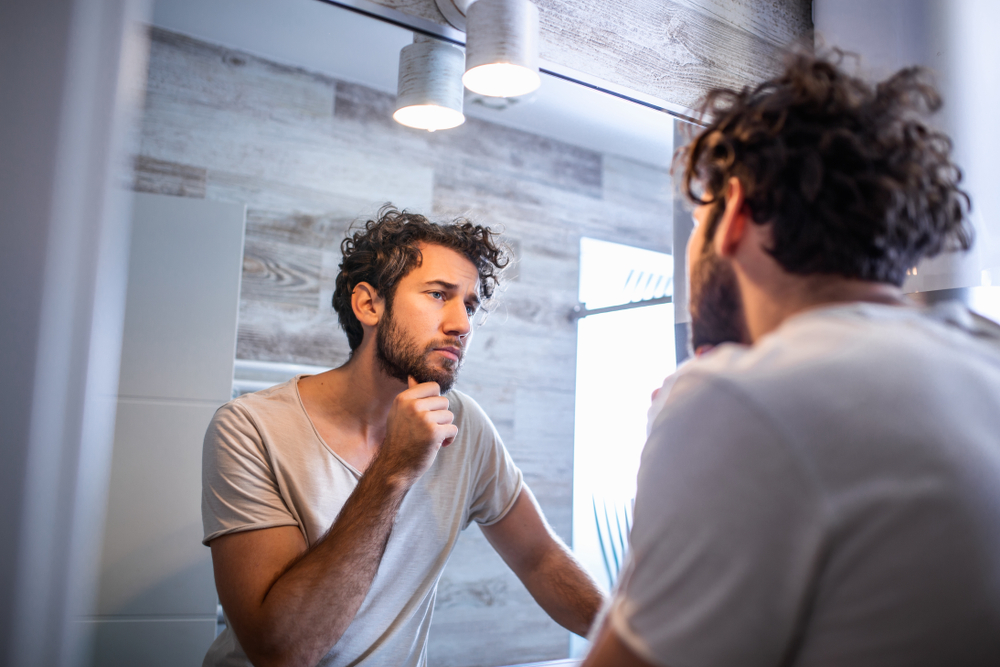
Society often promotes the idea that men should be muscular to be considered attractive or masculine. From chiseled movie heroes to fitness influencers, there’s a cultural push for men to bulk up and look strong. This pressure can lead to feelings of inadequacy or an obsessive focus on working out, even when it’s harmful. For many men, the desire to fit this ideal becomes a source of stress rather than self-confidence.
2. Height Insecurities
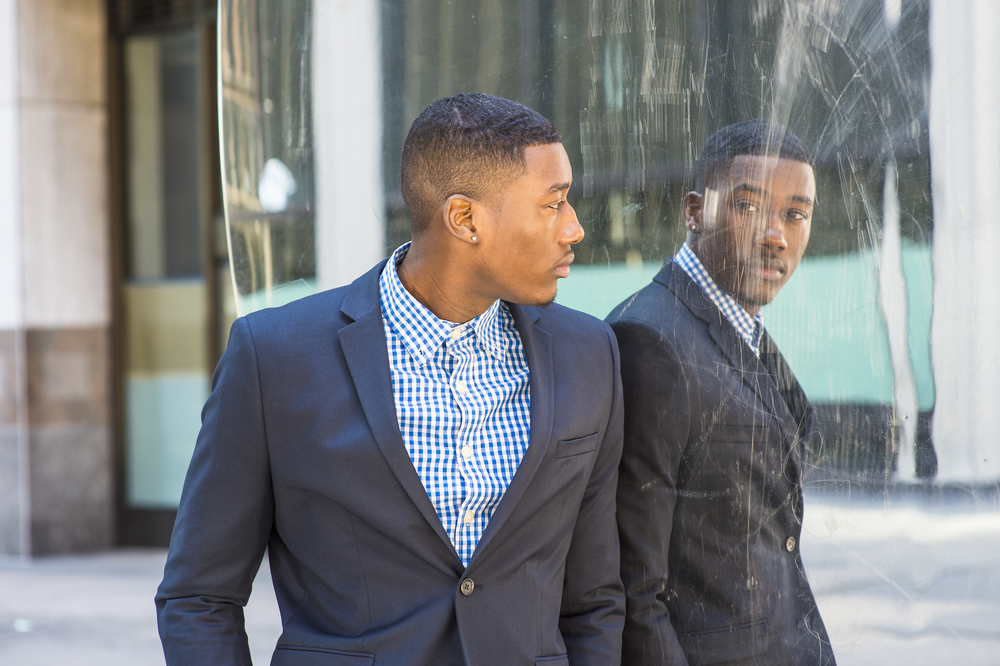
Height is often seen as a status symbol for men, with taller men being perceived as more dominant or attractive. Those who don’t meet the societal ideal may feel overlooked or even judged unfairly. Many men experience insecurities related to their height, especially in social situations or dating. These feelings are rarely discussed but can deeply affect self-worth and lead to social withdrawal.
3. Struggles With Body Hair
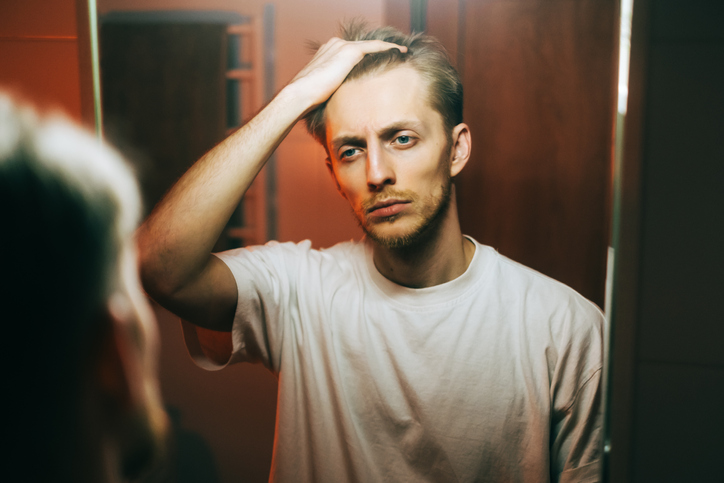
While body hair is normal, men face conflicting messages about what’s acceptable. From ads for hair removal to cultural preferences, body hair—or the lack of it—can become a point of self-consciousness. Some feel pressured to groom or remove hair, while others worry about appearing “too” groomed. This struggle to balance looking natural and fitting societal norms can make body hair a silent source of stress.
4. Feeling Inadequate About Their Fitness
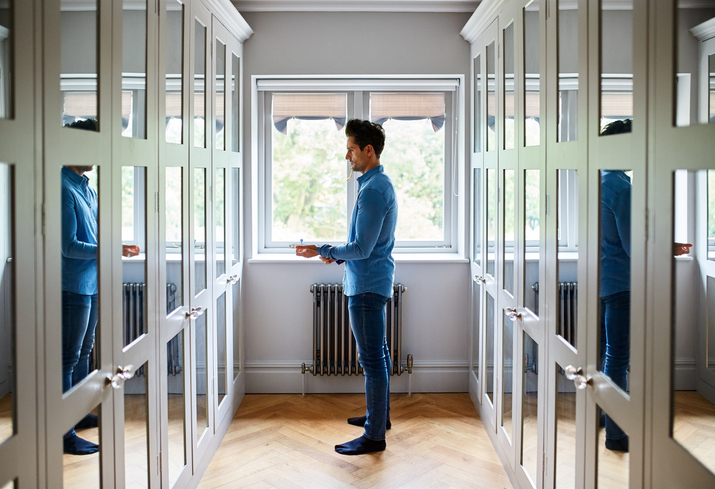
Physical endurance, from running stamina to strength levels, is often tied to masculinity. Men who fall short may face insecurities, especially in activities where endurance is on display. The pressure to prove their stamina can lead men to push themselves too hard in the gym or during a friendly game. Many hesitate to admit these insecurities, fearing it might impact how others perceive them.
5. Concerns Around Weight and Body Shape
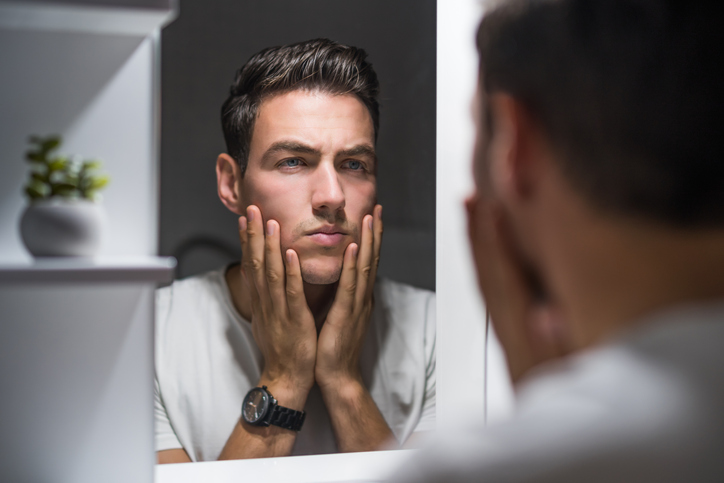
The expectation that men be lean or muscular makes those who fall outside this standard self-conscious. Men experience weight-related insecurities as much as women do, yet they’re less likely to share them. This can lead to unhealthy dieting habits or avoidance of situations that draw attention to their physique. For men, body shape can become a source of quiet shame, even if it goes unspoken.
6. Self-Consciousness About Hair Loss

Hair loss is a common experience for men, but it can also be a significant source of insecurity. Many feel that balding makes them look older or less attractive, which can deeply impact self-esteem. Some turn to treatments or hair restoration options, while others struggle silently with their changing appearance. The emotional toll of hair loss is often minimized, yet it remains a sensitive issue for many men.
7. Facial Appearance and Skin Concerns

While discussing skincare is common among women, men feel pressured to maintain clear, youthful skin. Acne scars, wrinkles, or even visible pores can become insecurities, especially with the rise of social media and constant self-presentation. Many men want to appear polished but worry that openly caring about their skin might be considered vain. This silent struggle with facial appearance goes largely unaddressed.
8. Comparisons with Athletic Icons
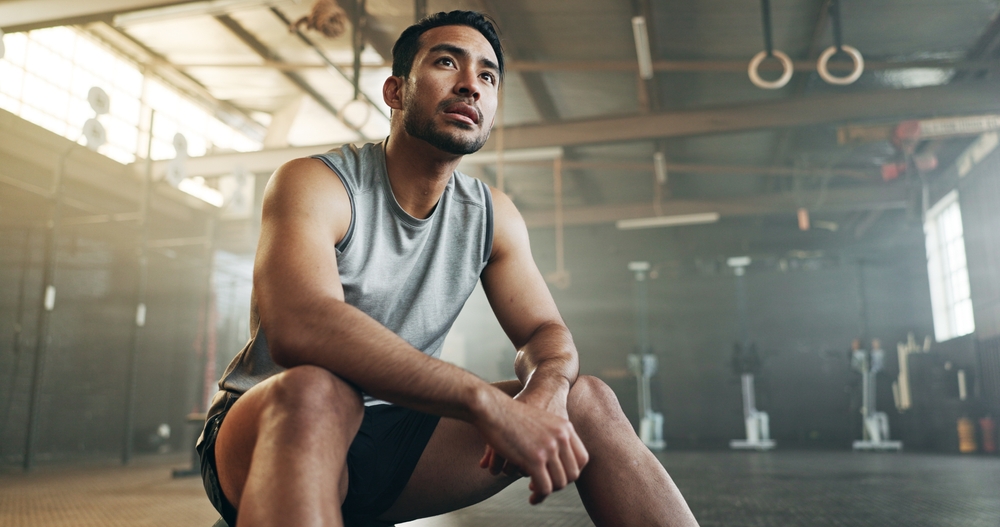
From sports stars to action heroes, men are surrounded by images of peak physical performance, setting high standards that can feel impossible to reach. Men who aren’t naturally athletic may feel like they’re falling short, leading to doubts about their strength or worth. The need to measure up to these idealized images often remains internalized, even as it shapes self-perception and self-esteem.
9. Anxiety About Aging
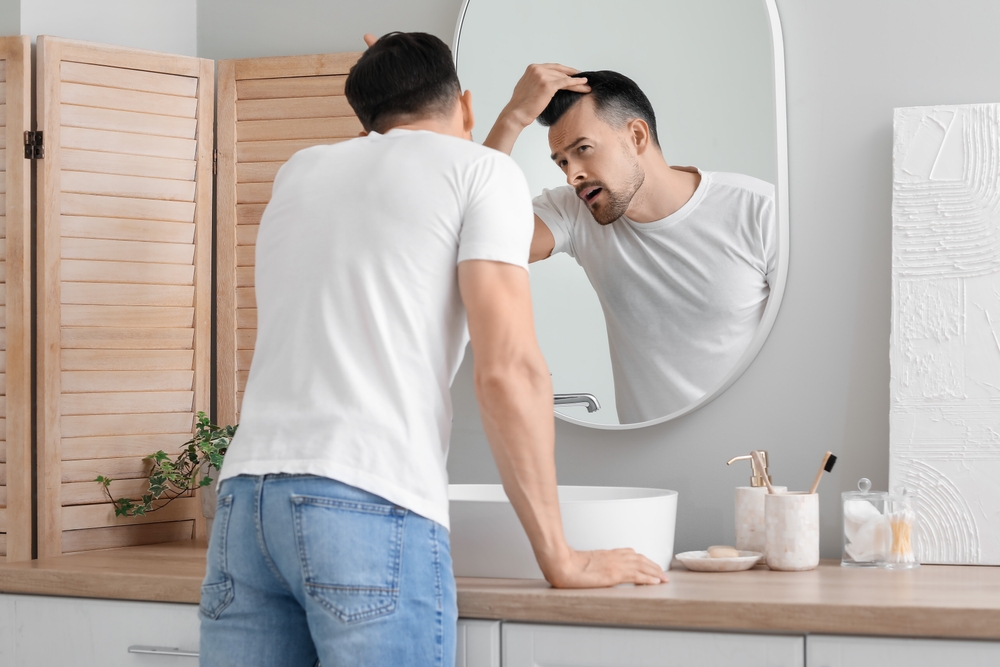
While aging concerns are commonly discussed for women, men also face insecurities about growing older. Graying hair, changes in muscle tone, and other visible signs of aging can impact confidence. Men often feel pressured to appear youthful and vibrant, yet expressing these concerns is rare. Aging anxieties, when unaddressed, can make men feel disconnected from themselves as they attempt to hide or minimize these natural changes.
10. Expressing Vulnerability About Their Image

Men frequently feel that showing insecurities, especially related to body image, is a sign of weakness. This pressure to appear strong and unconcerned by physical appearance is a form of body image struggle. Many men find it hard to express vulnerabilities, worrying it might impact how peers or partners see them. This reluctance to acknowledge insecurities creates an additional layer of stress, complicating body image struggles further.








